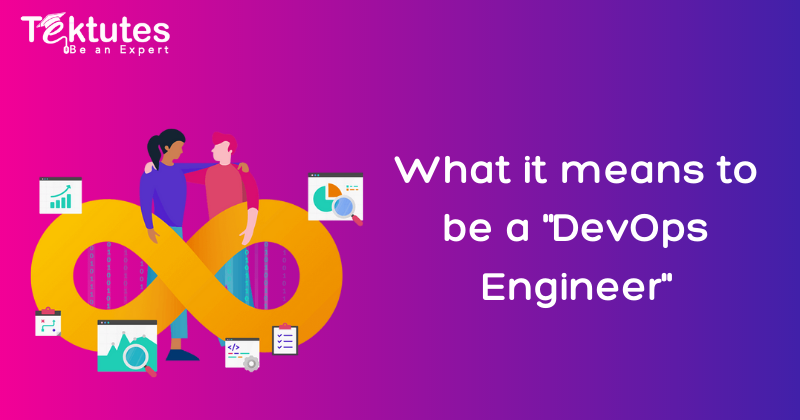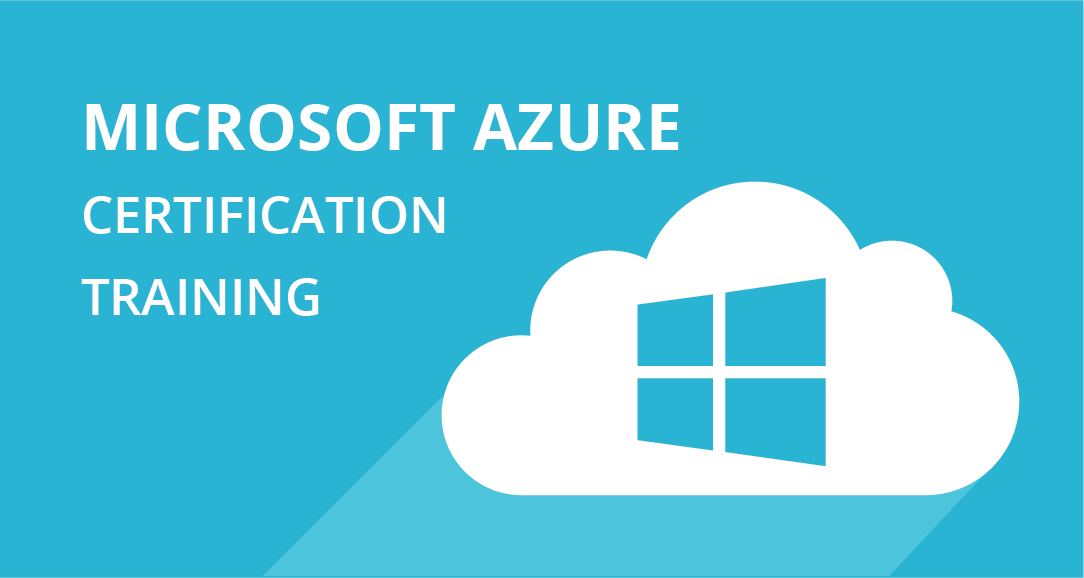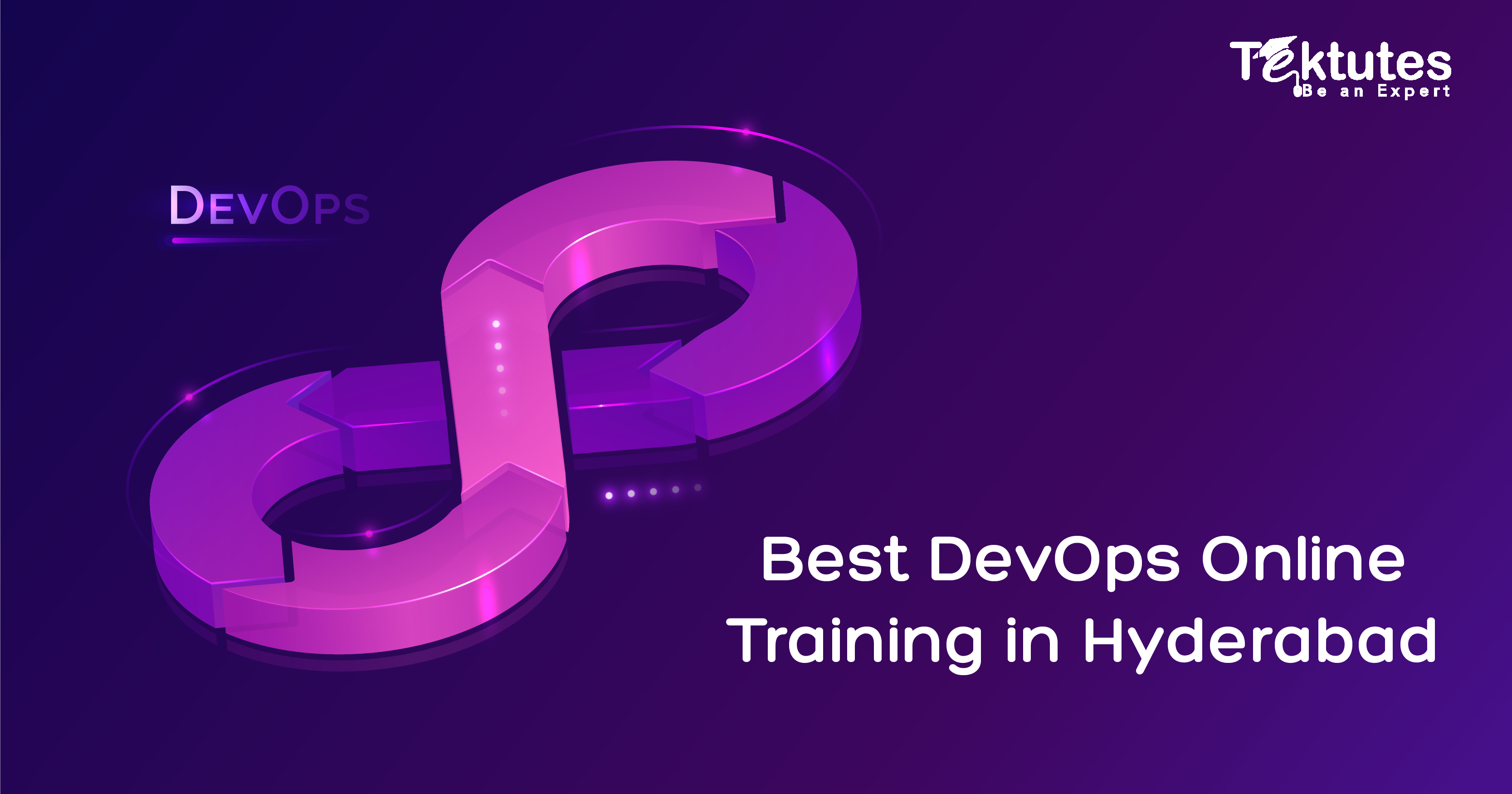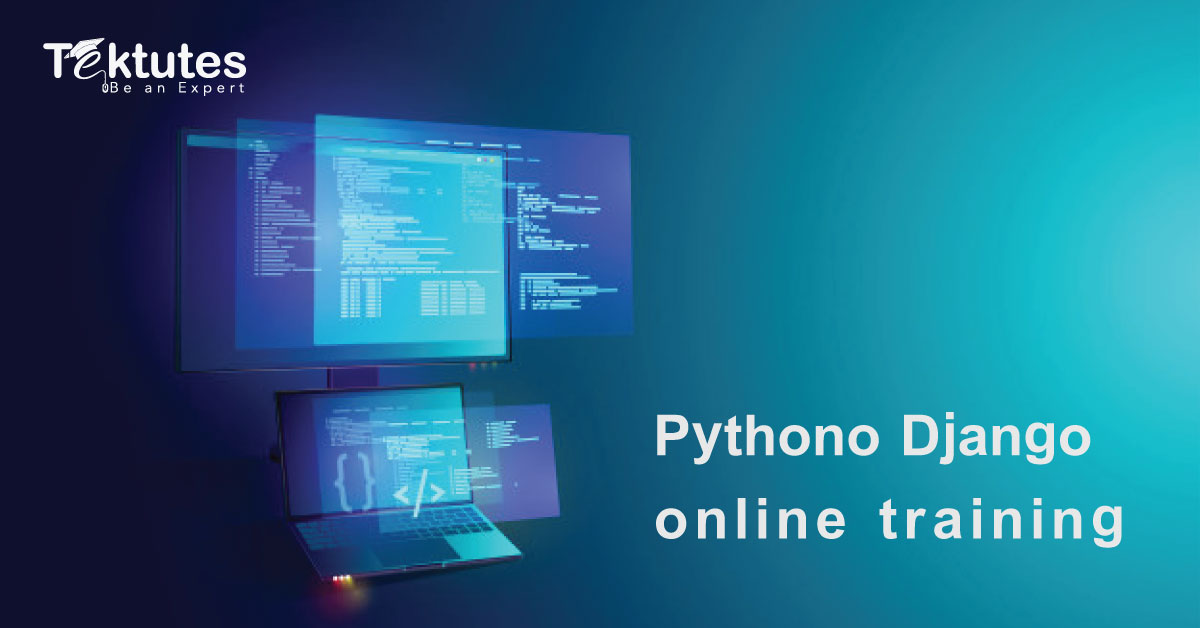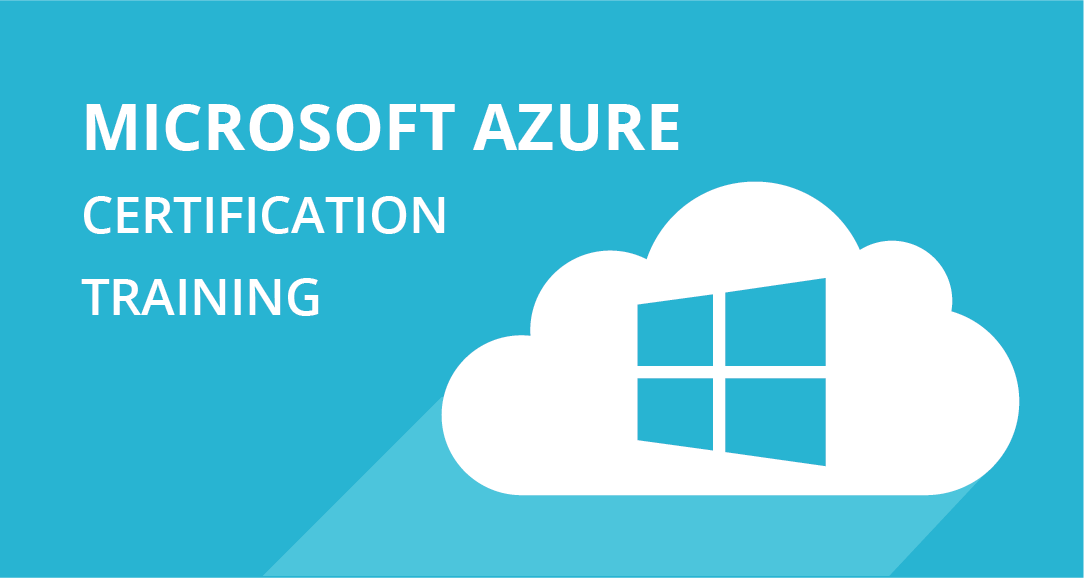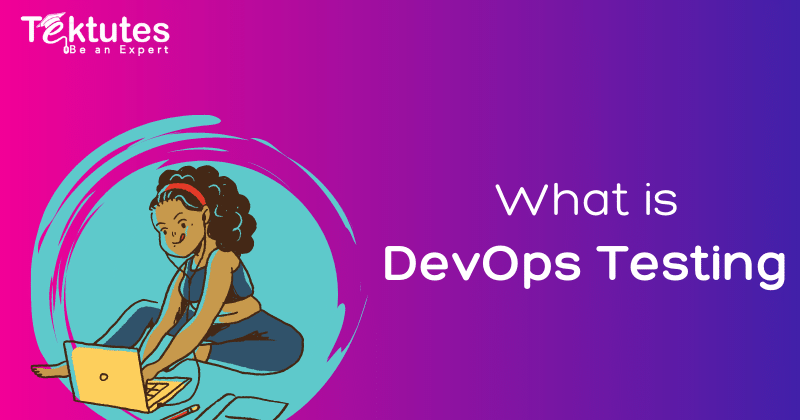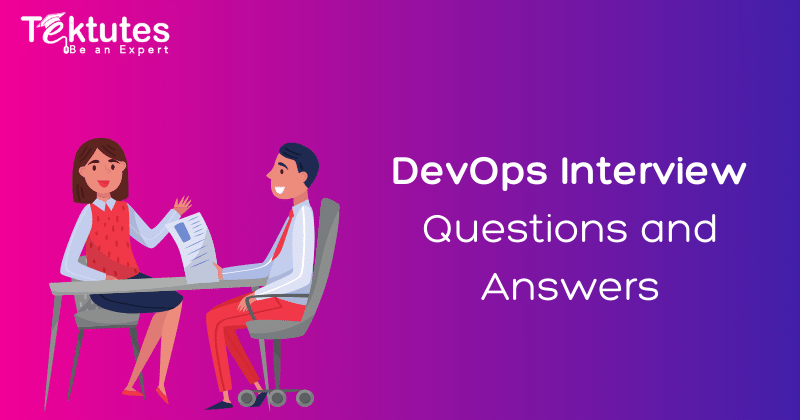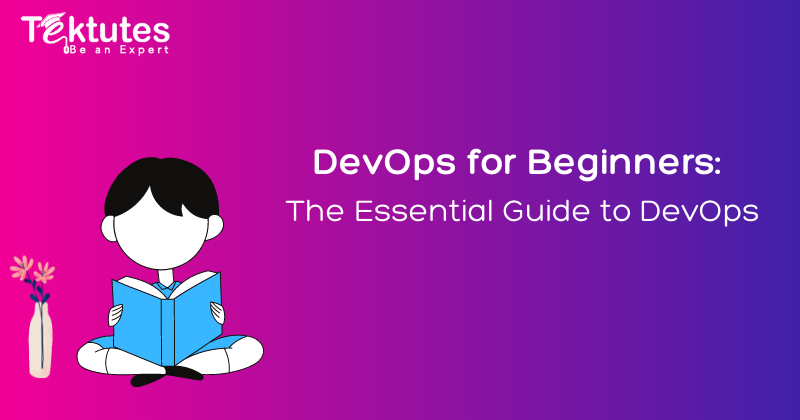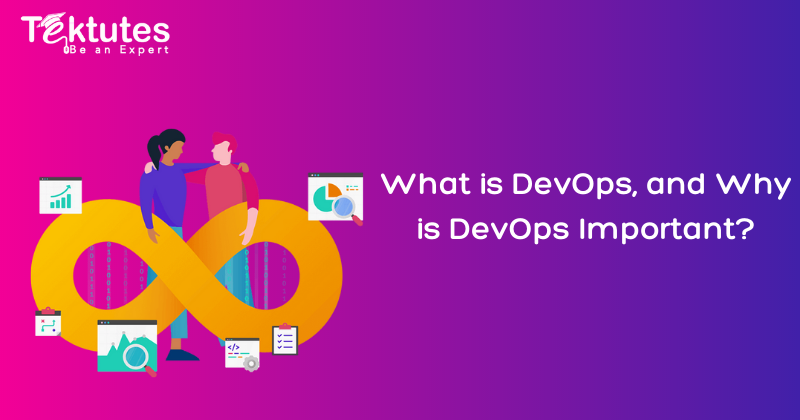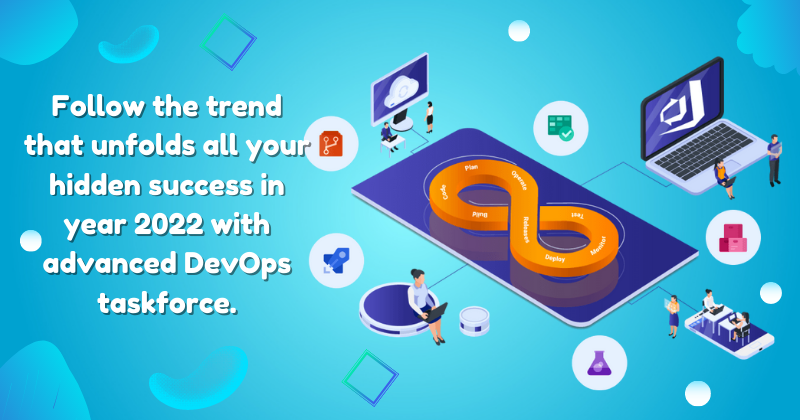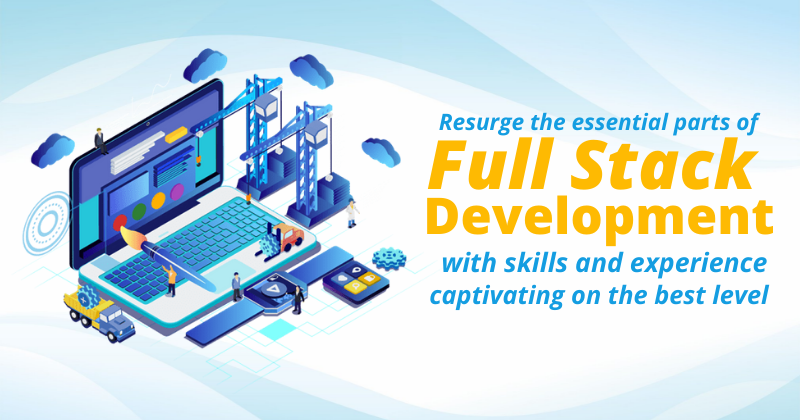The Must-Read DevOps Tutorial and What it means to be a "DevOps Engineer"
The development and operations teams are constantly searching for ways to automate and machine-learn their workflows. Engineering and IT teams are also trying to improve their methods of collaboration and information sharing.
Therefore, there can be no single DevOps tutorial that works for everyone. The DevOps tutorial we're writing has been designed to be flexible to work for nearly any team.
A DevOps thinker adopts a particular set of DevOps tools, techniques, and mindset to automate and improve manual tasks and increase collaboration and build out reliable Continuous Integration/Continuous Delivery pipelines.
Although various software and tools can lead to better DevOps practices and faster velocity, DevOps' root is in the people on thse team. This value from DevOps should flow into the business and not just into IT.
Therefore, let's discuss methods for reducing development/operational isolation, fostering continuous improvement, and delivering reliable applications and services more quickly.
A definition of a "DevOps Engineer"
Want to become a DevOps Engineer? Join one of the DevOps Online Training in Hyderabad at Tektutes.
You'll often find job listings for DevOps engineers that are either utterly uninformed about DevOps or come from smaller companies seeking some kind of generalist in IT/infrastructure.
The rising adoption of cloud-native businesses and the increasing use of Platform as a Service (PaaS) and Infrastructure as a Service (IaaS) can blur the line between software engineers and systems administrators. In the end, however, the term "DevOps engineer" is meaningless.
A team of DevOps engineers includes frontend experts, backend engineers, IT and security analysts, and so much more. The DevOps mindset can be adopted by all engineers and systems integrators within your company – a way of helping you think about what types of engineers you ought to hire.
T-shaped individuals are commonly found in the DevOps field. T-shaped individuals tend to learn a lot about just one or two software development areas and then work their way around learning about everything.
We should not assume everyone can learn everything about development and IT. How about focusing on helping different skill groups collaborate cross-functionally at every stage of software development.
Is it possible to create a process that will facilitate access to contextual information, automate testing, and spread the responsibility for service uptime better among developers and IT practitioners?
Driving DevOps adoption
It is essential to get people excited about embracing DevOps once you realize the practice's value – especially management – since it will help the organization deliver high-quality software faster.
CI/CD, testing, and incident management can be significantly enhanced with DevOps buy-in from management teams.
For instance, most developers who have never covered on-call may feel overwhelmed if they're placed into an on-call rotation.
However, the value of deeper exposure is determined whether you can learn in both the staging and production environment (a stronger appreciation for both). When DevOps is implemented, the team will be able to prove their need for it.
Adding to the speed and reliability of DevOps, management likes to see the value of it. Through key metrics of incident management and other metrics, you can demonstrate the role DevOps plays in continuous software delivery and reducing downtime and costs in the long-term.
Having a top-down approach to DevOps adoption won't work; it requires a bottom-up approach. Managers will take note of DevOps' value as engineers demonstrate it and then promote it to the broader leadership teams to pass it down to their teams.
Many of the difficulties for organizations in implementing DevOps is getting the right people interested in the concept. Every organization is different, so there's no single right way to get people on board with DevOps.
You can indeed focus on showing how DevOps helps businesses and shed as much light on its benefits as possible.






